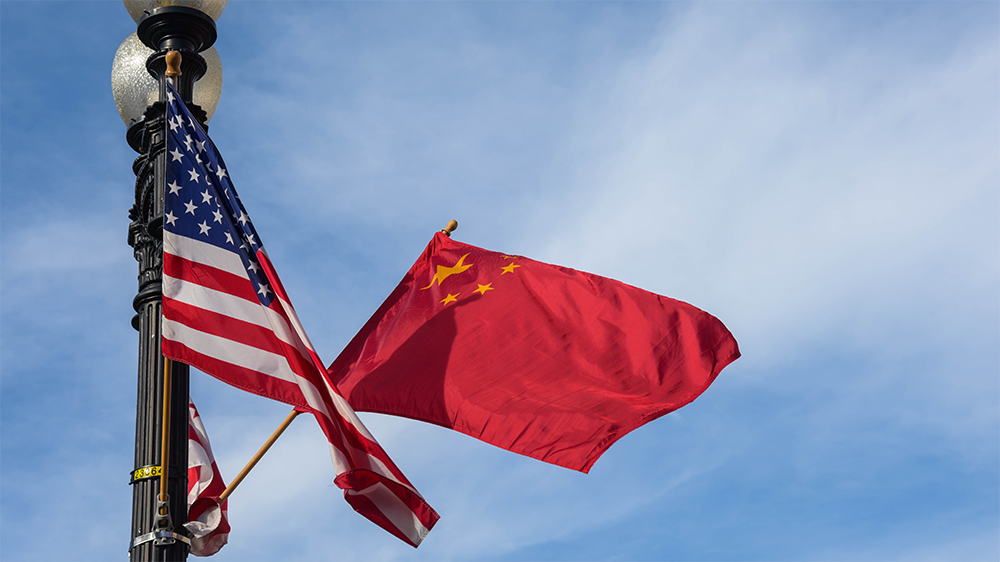The fog of sophism in a time of sinophobia


The United States has made the decision to treat five Chinese media entities as extensions of China's government requiring them to comply with rules applying to foreign embassies and consulates.
Such an unfortunate classification introduces a much broader and fundamental issue, not a rivalry in trade or technology, but a competition for what can be called cognitive security.
Of the various elements associated with a state, influence, information and security are among the most significant.
For itself, and in relation with these dimensions congenial with power, the United States speaks about public or cultural diplomacy, editorial lines and national security.
However, the terminology that it uses to describe the Chinese dynamics in these fields is very different. The Chinese vehicles for cultural diplomacy are regularly portrayed as "infiltration tools", the editorial line of the Chinese media is belittled as "propaganda" and the protection of China's security is labeled as aggressive espionage.
In other words, the US pretends that the Confucius Institutes “infiltrate" the minds of the American students and that the Chinese media "subvert" the American system. The objective is clear. There is no need to argue with the content anymore, no need to face its complexities and nuances. By disparaging the medium, the message is neutralized, if not discredited.
Beyond the Sinophobia which partly explains such an unfair treatment lies an attempt to structure the public debate by imposing a biased, or even an armed, cognitive framework.
The two terminologies aim at presenting, on one side, a series of what would be legitimate actions, and, on the other side, malicious and malevolent behaviors.
One should not be misled by this fog of sophism. It would mean, ab absurdo, that what is true is only what has been exposed in English, with an American mindset and in a mainstream American media!
That countries try to influence, that they nurture media ecosystems and protect what they consider to be their core interests is a reality of international politics.
That the renaissance of the Chinese civilization, in particular, implies a global cultural impact is understandable and not to be feared.
That China, which has found her own path to modernization, wishes to communicate her story to the world and acts to protect her independence and interests should not shock anyone.
Diversity of languages, mindsets, interpretations, and narratives enrich our world and are essential to the solving of long-term problems faced by mankind.
While the dangers of one-sided politics are often discussed, one should pay attention to the theme of cognitive security and certainly not underestimate the peril of cognitive unilateralism.
If something is said in a language other than English, in a way which is not a reflection of the Western mindset and in a media that is not mainstream, it does not mean that it is false nor has any value.
David Gosset, Sinologist, is the founder of the Europe-China Forum


































